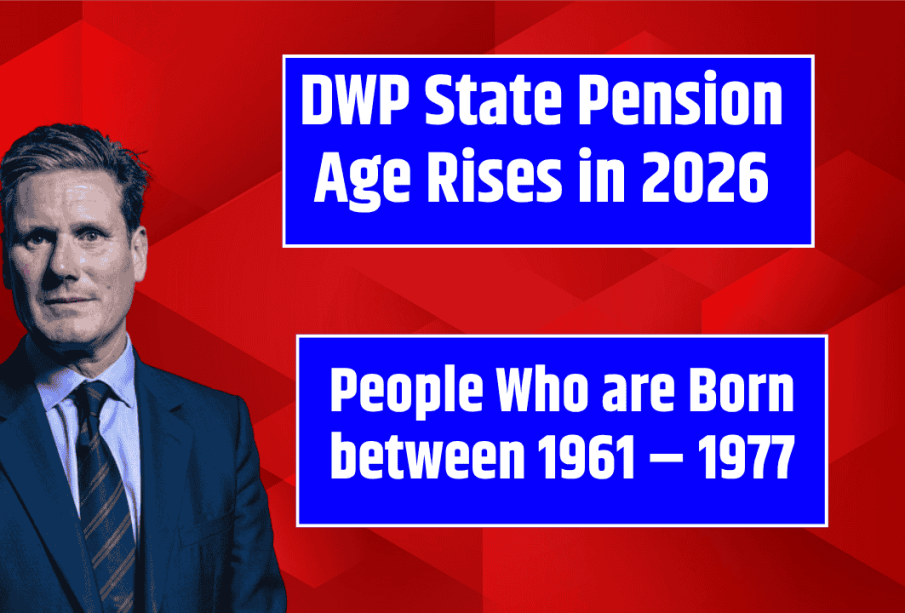DWP’s 2026 State Pension Age Change: What You Need to Know

Introduction
The Department for Work and Pensions (DWP) has announced significant changes regarding the state pension age, scheduled for 2026. This development is vital for millions of current and future retirees as it impacts financial security and retirement planning. As the UK faces an aging population and increasing life expectancy, understanding these changes is essential for those nearing retirement.
Details of the Change
The current state pension age is set to change from 66 to 67 between 2026 and 2028, according to the DWP’s proposals. Under these revisions, individuals born between 6 April 1970 and 5 April 1978 may see their state pension age increase by up to a year. This adjustment aims to align the state pension age with longer life expectancies and the demographic shifts in the UK.
The change results from the Government’s commitment to a “Triple Lock” pledge, which guarantees that pensions will rise by the highest of 2.5%, inflation, or average earnings, ensuring that state pensions remain sustainable and adequately support retirees. However, this increase can create uncertainty for those expecting to receive their benefits sooner.
Public Response and Concerns
The announcement has stirred mixed reactions across the nation. Many current workers and soon-to-be retirees voice concerns about their ability to continue working as they age, particularly in physically demanding jobs. The proposed changes could lead to financial difficulties for individuals relying solely on their state pension.
Furthermore, several advocacy groups and think tanks are calling for a more gradual transition, highlighting potential inequalities across different professions and regions, especially in areas where life expectancy remains lower than the national average.
Conclusion: Implications for Future Retirees
The DWP’s decision to raise the state pension age signifies a pivotal moment for the UK’s social security system. As the debate continues, policymakers must focus on creating a balanced approach that ensures fairness and adequacy for all retirees. Individuals who will be affected by this change are encouraged to review their retirement plans and consider additional savings options or pension schemes to mitigate risks associated with later pension age adjustments.
As we approach 2026, it remains crucial for both current employees and future retirees to stay informed about these changes and assess their financial readiness for a longer working life. The impact of these decisions will echo through generations, making it imperative that they align well with the social and economic fabric of the UK.









